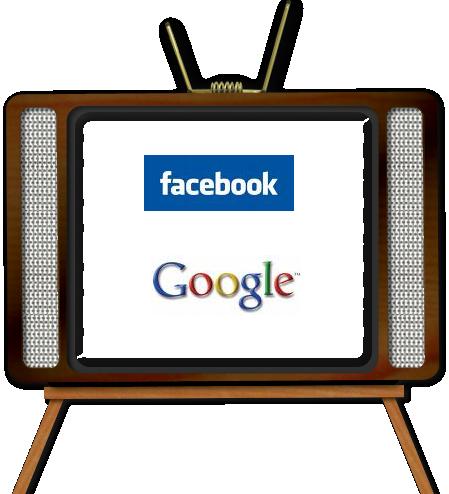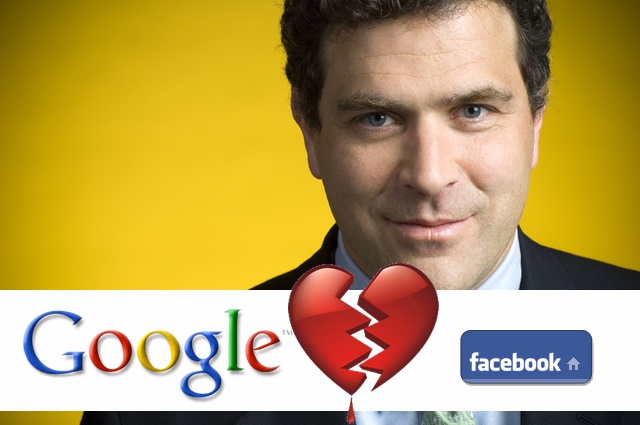gamasutra:未来非基于facebook的社交游戏发展前景?
尽管facebook在目前来讲占据了社交游戏的支配地位,但是未来几年社交游戏的行业又将继续怎样发展,Alistair Doulin进行了自己的解读。
关于facebook平台
facebook社交游戏平台对于开发者来讲目前最大的优势是超过5亿的用户量和之前病毒式的信息推介(该方式因为涉嫌侵扰用户已经被facebook取消)。而不足点在于facebook的游戏平台上相关游戏缺乏深度和相应的游戏设置,很难长时间吸引用户,另外一个是该平台属于facebook独家所有,开发者在面对facebook规则改变显得相当被动。
接下来社交游戏将会发生怎样的变化?
Kongregate之类的平台证明即便只是游戏平台也可以发展得不错,尽管他们目前还没有能力去对抗像facebook这样的大平台。
一个普遍的想法是接下来会出现更加强大的游戏平台和用户体验更好的游戏应用。
谁将拿出这样的平台?
谁将拿出这样的平台,在开发者和用户之间做一个很好的平衡?google有这样的可能,google有强大的用户基数,也有雄厚的资金做后盾,并且他们对社交网络和游戏市场虎视眈眈。从小平台或者小型的开发者逐步成长起来,这样的假设需要相当的理想状态,因为目前的发展阶段事实上很难实现小型团队成长为类似的巨无霸。另外一个就是原先的霸主facebook。
Where is social gaming heading in the coming years and where does Facebook fit in? Facebook is the dominant platform in social gaming as the games industry strives to reach a broader audience and expand its market share. Today I discuss the current landscape of social gaming and where we are heading in the coming years.
Facebook – The Good
Facebook does a lot of things right. The staggering user base is proof of this. I’ll begin by touching on the key positives of Facebook that relate to social game developers.
Large Numbers
Arguably the primary reason so many developers are jumping on the Facebook wagon is due to the crazy amount of users. Facebook games have grown in player count faster than any games the industry has seen to date, overshadowing existing behemoths like World of Warcraft.
This large player base can be attributed to a number of key reasons. Most users are joining to connect with friends, past and present. Once in, the tools at their disposal (such as planning events) are keeping people coming back frequently. The multi-purpose nature of the site is key to its success, and why other sites like MySpace and Kongregate have not reached the same levels of success. This is important for game developers to note as it shows that having a site with a single key focus is not the best approach in this space. This seems to go against the conventional wisdom of game developers and is why many people did not foresee the explosion of Facebook games. Many people thought that anyone who wants to play a game would go to a gaming site.
Viral
Social networking is by its very nature viral. Wall posts both push and pull information to users. Messages are pushed to their main page for up to the minute information from friends and anyone can pull information from any profile or page on the site at any time. Unfortunately the main culprit for “spam” within wall posts has come from games (and applications in general). This is likely why Facebook has made moves recently to limit the ability for games to spam other users.
The ability to use Facebook Connect outside of Facebook is vital to maintaining the large customer base that has grown. It is also a great way for games to make use of the Facebook platform without necessarily being a flash based Facebook game.
User Driven Content
Facebook is simply a platform allowing people to do what they want. This lets users and application developers fill in the gaps and meet the needs of the users. News, product advertising, opinions and interaction are all better when experienced with, or generated by, friends and family. This is the primary reason Facebook is different to most other websites on the internet. It’s
like walking into a room full of your friends and spending time with them. I’ll talk later about why this is important for social game developers when creating deeper experiences.
Facebook – The Bad
Facebook also has its fair share of problems. Below is a list of the issues that related to social game developers.
Lack of Depth
I’ve spoken about this before. Many of the current Facebook games lack depth and meaningful gameplay. I’ve spoken to a number of Facebook users from various demographics and many of them simply ignore Facebook games as they’ve been burnt in the past. This lack of depth also sets a bad precedent within the minds of users. When players play 5 clones of <something>Ville they have a certain mindset about how most Facebook games play out. We must be careful as we add more depth that we don’t overwhelm the player with a preconceived notion of what to expect.
Community Concerns
People are already becoming bored with Facebook and its games. The massive drop in numbers from most Facebook games recently is proof enough of this. The primary reason given by people I’ve spoken to is a lack of interest in the platform and what it has to offer. Superficial relationships, meaningless games and pointless applications are listed among the top issues. Adding to this problem is the concerns over security and privacy on Facebook.
Platform Issues
The platform is closed off and owned by Facebook Inc. I’ve heard a number of Facebook developers complaining about the frequent breaking changes they make to their API’s. Also, the complexity of the API’s can be a deterrent to young developers and bogs down progress when rapidly prototyping games that fit into the Facebook ecosystem.
What’s Next?
I’d like to look beyond Facebook to think about what may come next for social games. This is simply a thought experiment looking at the possibilities and where we’d like to see social gaming in the coming years.
Strong Platform
We need a new a platform for games that includes other content. Kongregate and the myriad of other game portals have shown that while there is success in a gaming-only platform, they cannot compete with a multi-faceted platform like Facebook. To reach the non-gaming audience, the platform must be about connecting people. Games fill a part of this social connection. The platform also needs a clear way of differentiating the good from the bad games.
One concept that is growing in popularity of late (largely due to Jesse Schell’s speech) is the idea of bringing game playing into all facets of life. Adding game elements to the actual platform is a great way of encouraging people to use it. Simple activities like levelling up your profile or small mini-games that gather information about you for use in your profile.
Deeper Experiences
I spoke earlier about user driven content within Facebook and why it’s critical to the success of the platform. The best way to build deeper experiences is to take this user driven content and create games around it. Giving players the ability to create meaningful experiences together will allow games to move this shared experience to the next level.
Just as Facebook users are building communities together, we need to look at building entire experiences based around our social games. Imagine a game like World of Warcraft in a social networking setting such as Facebook. If the addictive nature of WoW can be mixed with the accessibility of a social networking platform then deeper experiences will emerge for the user.
Who?
So who could create such a platform? There are three main candidates I can see:
Google is known for their attempts at toppling the big players in software. They’ve had varying success with products like Gmail, Buzz and Chrome. They have an extremely large user base, excellent skills and the money behind them to pull off a platform like this.
Google recently announced that they are talking to several developers in the social game space about the creation of a new social network.
Small Developer
A small developer with the right idea (and a lot of luck) may be able to move their way into this space. Both Facebook and MySpace started developing their major platforms when they were relatively small compared to their competitors. A small, agile team that’s close to the ground may be in the best position to rapidly build what people want, and react to the needs of the users as it grows.
Facebook Inc
An obvious candidate is for Facebook Inc itself to evolve in the coming months and years. While this may be extremely difficult as there are already preconceived ideas about what Facebook should be like, they’ve shown their ability to make fairly major changes to the platform while only upsetting 90% of their users.
Conclusion
What are your thoughts on the direction of Facebook in the coming years? Do you see opportunity for Facebook to grow into a more dynamic, deeper experience for users or will a competitor move in and build a better platform?









































 闽公网安备35020302001549号
闽公网安备35020302001549号